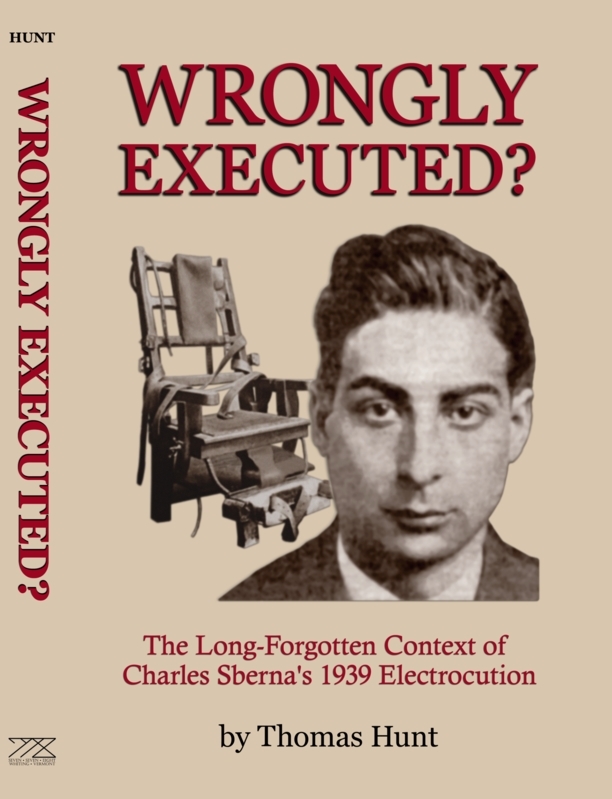What do you think?
Rate this book


262 pages, Kindle Edition
Published November 1, 2016
I am a writer/researcher on the subject of organized crime (American Mafia). I most recently authored, Wrongly Executed? The Long-forgotten Context of Charles Sberna's 1939 Electrocution. I publish a quarterly true crime journal, Informer, and The American Mafia history website as well as a number of blogs. I co-wrote DiCarlo: Buffalo's First Family of Crime with Michael A. Tona and Deep Water: Joseph P. Macheca and the Birth of the American Mafia with Martha Macheca Sheldon. I contributed the American Mafia history sections to the Australian published, Mafia: The Necessary Reference to Organized Crime. I moderate Mafiahistory.us and Facebook discussion groups on Mafia history. Previously, I served as editor of several dmoz.org categories related to organized crime.
Married with three children and (too) numerous pets, I live and work in the Middlebury VT area.